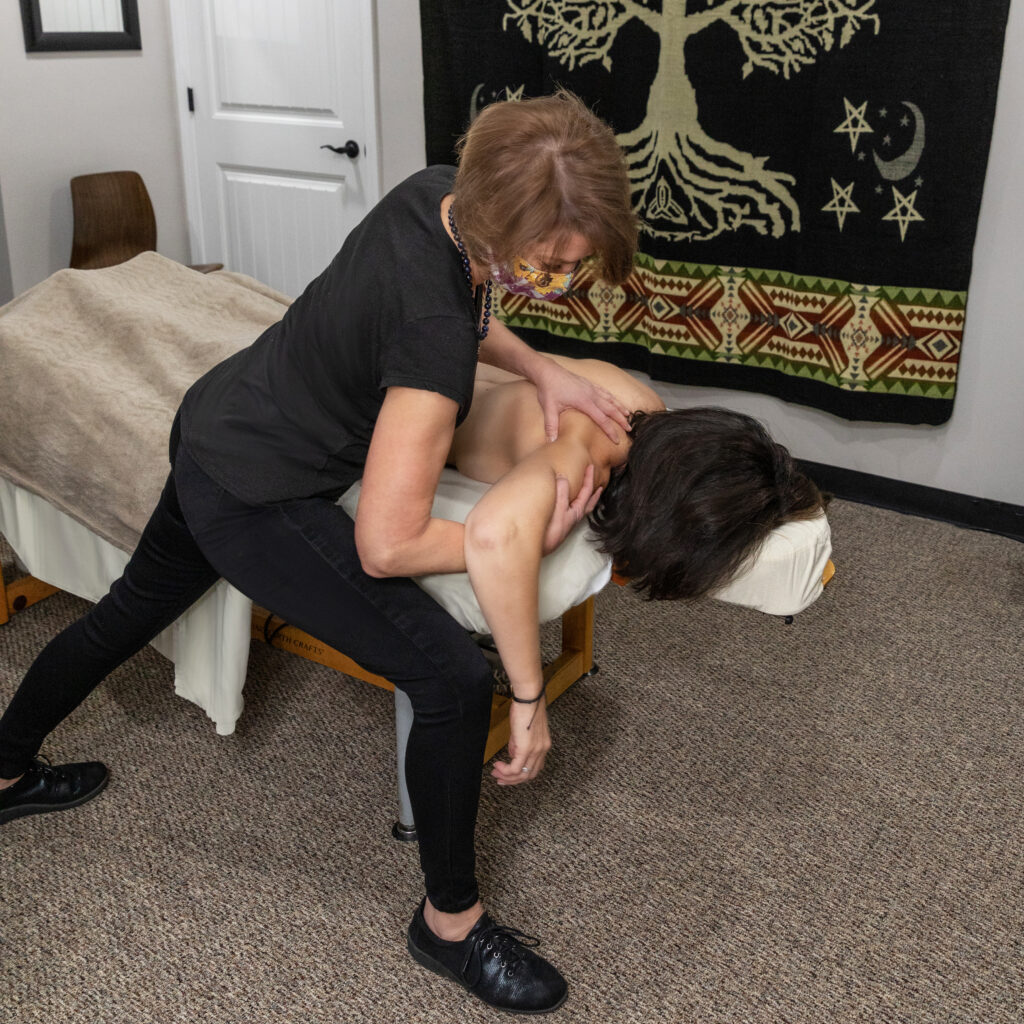
The medical community largely agrees that massage therapy provides significant mental health benefits. Everyday people schedule a massage to alleviate muscle aches, pains, and tightness. However, the benefits from regular massages go much further.
How Does Massage Work?
A certified massage therapist treats clients by applying pressure to joints and soft tissues. Before a session begins, a professional discusses the person’s medical history, symptoms, and goals. A client’s range of motion is usually explored before the person’s body is manipulated using specialized techniques. These involve pressure from the practitioner’s fingers, hands, forearms, and elbows, as well as massage therapy tools.
How Can Massage Improve Your Mental Health?
Massage has been recognized by the medical community as an integral part of rehabilitation and wellness for decades. From automobile accident victims to athletic injuries, massage remains part of the holistic approach to recuperating more quickly and with less discomfort. Given that human touch involves a transfer of energy, common sense would indicate its effect goes beyond the part of the body being massaged. Researchers generally agree that regular massage improves mental health in the following ways.
- Restful Sleep Habits: When muscles are thoroughly massaged, increased blood circulation occurs. Clients often enjoy lower heart rates and the body is better positioned to wind down at the end of the day. Getting a complete night’s sleep allows you to start the day reinvigorated.
- Reduce Depression: A study published by the National Institute of Health concluded that massage is an effective way to reduce the symptoms of depression when coupled with other treatments. Research indicates that of the 17 studies totalling 786 people, all of the trials demonstrated message had a positive effect on symptoms associated with depression.
- Supports Positive Moods: There are at least two scientific reasons why massage improves daily moods. The first involves the chemical reaction following human touch. The body releases a hormone known as oxytocin that promotes deep positive emotions. Some refer to oxytocin as the “cuddle” hormone because we feel like we’re being hugged. The other reason is that massage sparks the release of serotonin and dopamine by as much as 30 percent in the brain. These neurotransmitters make people feel happier.
Researchers and medical professionals draw a clear link between massage and improved mental health. But at an experiential level, community members simply feel better after a relaxing massage.
If you are interested in improved moods, restful sleep, and other benefits of massage, Moon River Wellness Center in Pelham, NH, can tailor a program to your individual needs. Contact us today.
Sources
https://www.physiobydesign.co.nz/blog/2020/4/14/the-mental-health-benefits-of-massage
https://www.healthline.com/health/deep-tissue-massage#comparison-to-swedish-massage

